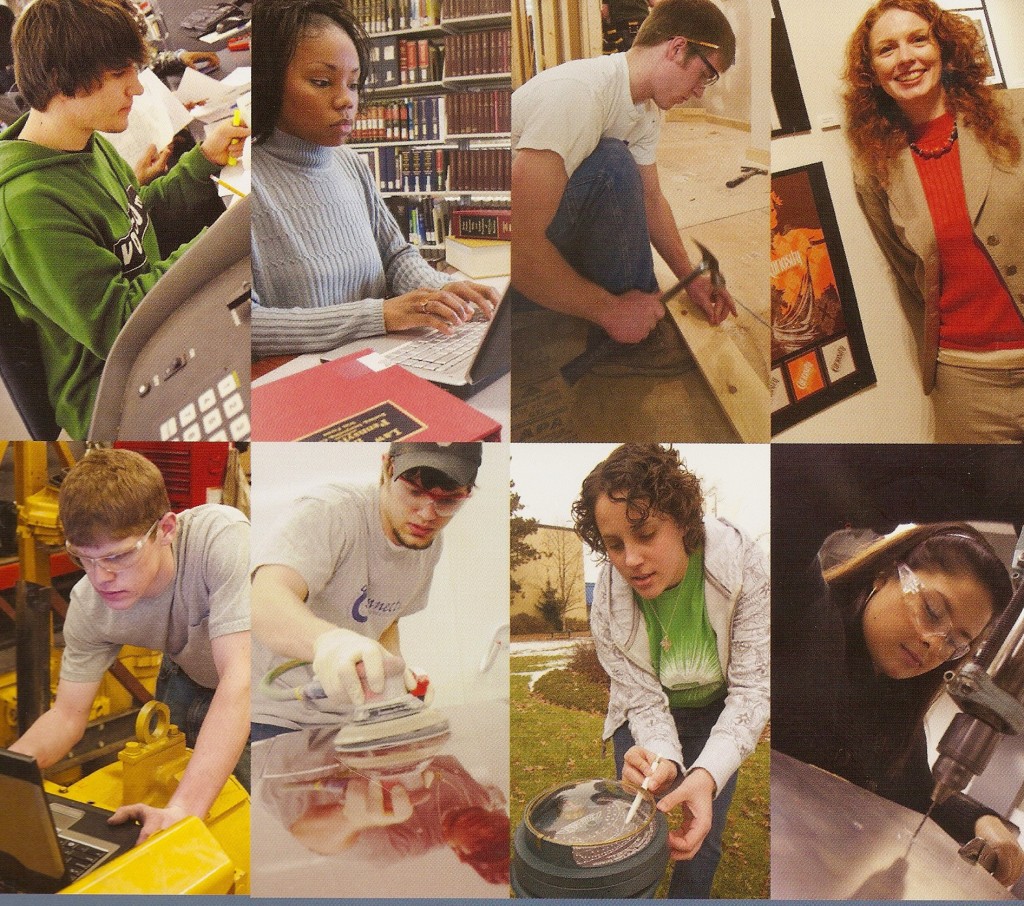 Most people who have been in the IT industry, even for a short time, recognize the value of certifications. According to research, IT certifications can boost salary by anywhere from 8 to 13% through something called premium skills pay. Premium skills pay is money paid by employers who are looking for specific skills that only an IT certification can provide. Of course, you have to get the certification first and there are several ways to go about it.
Most people who have been in the IT industry, even for a short time, recognize the value of certifications. According to research, IT certifications can boost salary by anywhere from 8 to 13% through something called premium skills pay. Premium skills pay is money paid by employers who are looking for specific skills that only an IT certification can provide. Of course, you have to get the certification first and there are several ways to go about it.
For many people, taking a certification test without preparation is not an option (or at least isn’t a good option). There is just too much information to in IT and no way to know what subset of that information will be on the test. This means that it is impossible to study effectively without some guidance. To get that guidance, many people participate in training courses, which whittle down the pool of knowledge to provide only the highest yield exam content. Boot camps, a particular type of training course, have become very popular in recent years because they offer all the content in a compressed time formate. Boot camps aren’t for everyone, however. If you are thinking about an IT certification boot camp, then read through these tips to see if the intense training these camps offer is right for you.
What Are the Qualifications to Attend (Choosing the Right Camp)?
Anyone can attend a boot camp, but with price tags ranging as high as $9,000, the decision to enroll shouldn’t be taken lightly. If you are going to invest that kind of money, then you want to be reasonably certain that you will pass the exam at the end of your training. You only want to attend a boot camp if you have experience in the area being tested. In other words, you need the boot camp to focus your studying and hone your skills, but not to teach you too much new information. It isn’t a place to try to pick up new skills, the pace is simply too fast.
The best boot camps will turn you down if you aren’t qualified because they are just as interested in your success as they are in your tuition payment. The best way to find the right program is to contact several , such as those at Countrywide Training, and ask them to explain the qualifications necessary for success. They should be able to tell you if the course you are looking at is right for you or if they might have a better alternative. The best programs will give you candid advice and won’t try to pressure you into a course you aren’t sure about.
Is There 24-Hour Lab Availability?
Boot camps often only last a week or two, which means you need to make the most out of your time. Sleep won’t be something you get a lot of during your boot camp, so look for programs that offer 24/7 access to labs and other resources so that you can study on your own schedule. Don’t be shy when asking about availability of resources before you sign up, it’s your money and your career on the line after all.
It isn’t just labs and resources you are interested in either. You want to know when instructors will be available. Naturally, they won’t be available around the clock, but they should have regular, extensive office hours set aside only for boot camp students. By the same token, be sure that the classes aren’t overbooked. If there are too many students, then it won’t matter how many hours the professors are available because all of their time will be taken up by your classmates.
How Are Classroom and Lab Time Divided?
Different boot camps differ in how much classroom instruction time they offer versus time spent doing hands-on work in labs. Depending on your skill set and what you feel your weaknesses are, a course with more lab time than classroom time may be appropriate or vice versa.
You want both types of teaching (lab and classroom) in your boot camp, but be sure to balance the two according to your strengths and weaknesses. Some people are more at home in the classroom and others excel at lab work. Either way, be honest about your abilities so that you can focus your studies and pass the exam.
Does the Course Offer Free Exam Re-testing?
IT exams are expensive and so are boot camps. If you spend the money on training, then you want some guarantee that the school backs up its teaching. One of the best ways a school can show that it stands behind its training is to offer to pay for your exams if you don’t pass it the first time out. This gesture demonstrates the school’s commitment to training you and covers you if something should go wrong.
What Have Previous Success Rates Been?
Success rates fall into a similar category as the subject above. A program should be able to tell you how many of its students have been successful in the past and how many failed. They should also be able to give you reasons why those students who failed were not successful. Being able to offer good explanations for successes and failures demonstrates integrity on the part of the school and an emphasis on improvement. Strong schools will be proud of their success rates and put a lot of effort into ensuring they maintain the trend.
Can You Talk to Recent Students?
Programs will always present themselves in the best light possible and while you can be certain about things like pass rates and re-testing guarantees, it is harder to assess the more subjective aspects of a program. To understand if professors are friendly, classmates are helpful, the school is receptive to feedback, and so forth, you’ll need to speak to former students. The schools that have nothing to hide will be able to provide you with a list of contacts who previously took the course. If they refuse to give you a list of former attendees, that should raise a red flag.
Does the Program Offer Food and Shelter?
This may seem like an afterthought, but it should be a top priority. Chances are good that the course will be located a good distance from where you live and work. You may not be able to drive home to sleep and you certainly don’t want to be going home for every meal. Boot camps are full-immersion teaching environments, so the more you stay “in the zone,” the better off you will be. That being said, look for programs that take care of things like food and housing so that you don’t have to worry about where you next meal will coming from.
Is There an Option to Withdraw?
This question comes down to integrity on the part of the program and while it is rare that you would have to withdraw, unforeseen circumstances may force you to certify at a later time. Good programs will offer you the ability to take the course at a later time if you are forced to withdraw as the result of an emergency or the like.
Succeeding in IT
Certifications are almost necessary for success in the IT industry. If you have been around the IT block a time or two and need a boost to make that next promotion or obtain a raise, then consider a certification boot camp. A boot camp will not just get you certified, it will get you certified fast. That means you will get your promotion faster and you won’t have to take as much time off of work or sacrifice all of your vacation for certification. If you have the skills and the commitment, then an IT boot camp may just be the best investment you can make in your career.
________________________________
Travis Adams has a passion for careers in technology. He enjoys blogging about training and successful advancement in the industry.






![USU - Heather Jensen[5]](https://www.parentingforcollege.com/wp-content/uploads/2015/07/USU-Heather-Jensen5-150x150.jpg)




